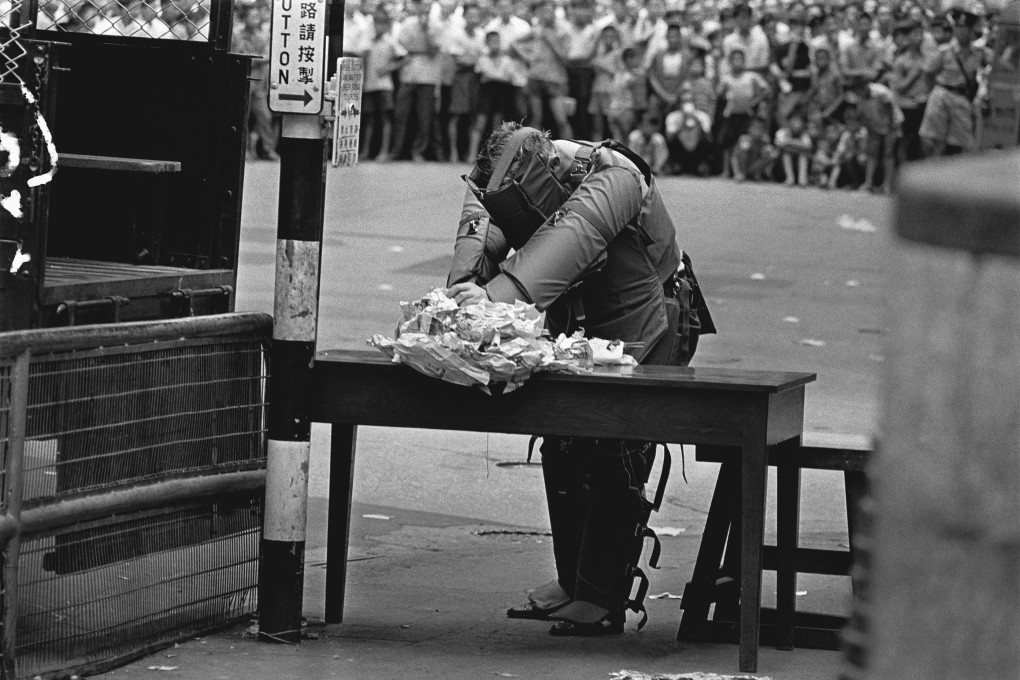Advertisement
Letters | Take heart from Hong Kong’s long history of bouncing back
- Readers discuss Hong Kong’s strong track record of getting back on its feet, the international media narrative around the city, and what to make of the divine guidance offered by the Che Kung Temple
Reading Time:3 minutes
Why you can trust SCMP
1

Feel strongly about these letters, or any other aspects of the news? Share your views by emailing us your Letter to the Editor at [email protected] or filling in this Google form. Submissions should not exceed 400 words, and must include your full name and address, plus a phone number for verification.
The letter, “New story of Hong Kong has only just begun” (February 16), refers to the article by Stephen Roach, former chair of Morgan Stanley Asia, headlined “It pains me to say Hong Kong is over” in the Financial Times. I think Mr Roach’s pessimistic view of Hong Kong’s future shows a lack of knowledge of the city’s historic ability to bounce back.
Roach states that domestic politics is contributing to the city’s “demise”, citing the Hang Seng Index’s poor performance since the social unrest. However, Hong Kong is no stranger to crises of confidence. The 2019 unrest pales into insignificance compared to the Japanese occupation, the 1967 riots, the 1997 handover and the 2003 outbreak of severe acute respiratory syndrome. Recovery can be painful but Hong Kong’s resilience, perseverance and determination can always turn crisis into opportunity.
Advertisement
For example, after the 1967 upheavals, Hong Kong implemented a series of social reforms, transforming the city into one of the Four Asian Tigers. Similarly, after the 2019 social unrest, the government has paid more attention to young people and is including them in decision-making by expanding the Member Self-recommendation Scheme for Youth. The government has also restructured the Home Affairs Bureau into the Home and Youth Affairs Bureau, putting youth affairs at the centre of policymaking.
It is true that China’s growth has slowed, with the economy facing serious challenges. China’s economic reality is reflected in the Hang Seng Index’s fall. However, Hong Kong remains ideally positioned to lead the Greater Bay Area, which is destined to become one of the world’s greatest economic powerhouses.
Advertisement
In addition, Hong Kong is actively seeking opportunities outside the mainland such as in the Middle East, Southeast Asia and countries that are part of the Belt and Road Initiative.
Advertisement
Select Voice
Select Speed
1.00x